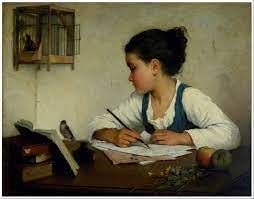How much should we be writing down? To answer this, I’d like to offer a reading of a Talmudic debate (Pesachim 103b)
Ameimar, Mar Zutra, and Rav Ashi were sitting at a meal, and Rav Aḥa, son of Rava, stood over them to serve them. Ameimar recited a blessing over each and every cup of wine he drank. And Mar Zutra recited a blessing over the first cup he d…
Keep reading with a 7-day free trial
Subscribe to What Is Called Thinking? to keep reading this post and get 7 days of free access to the full post archives.



